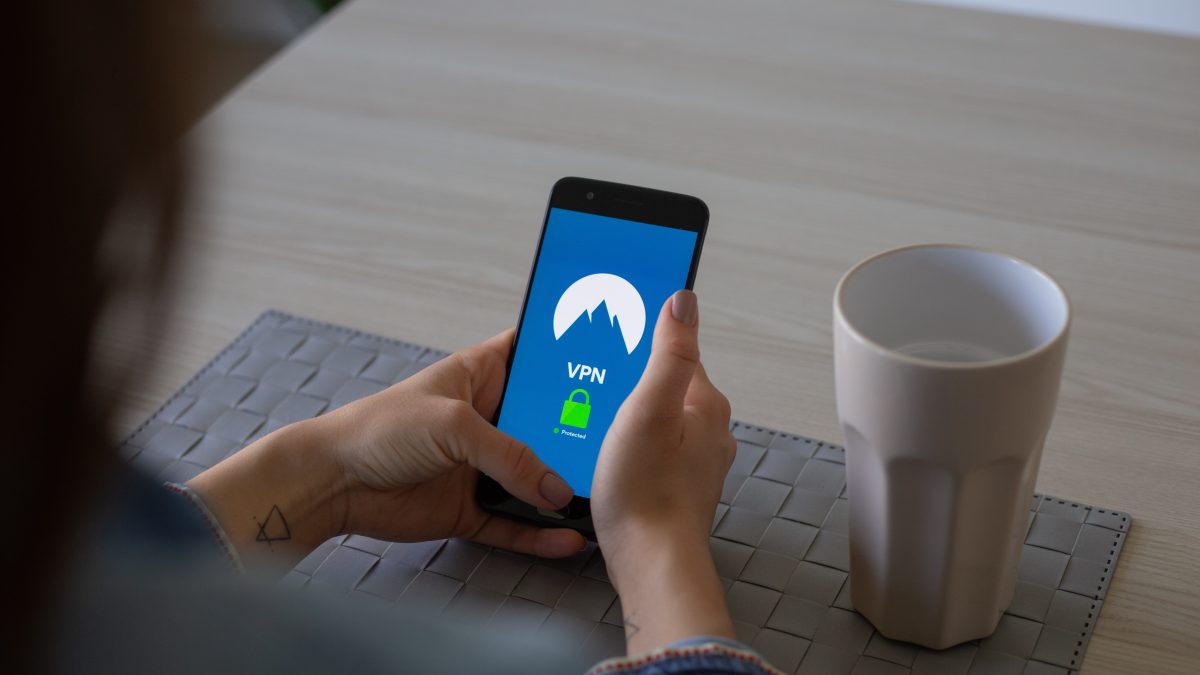A Virtual Private Network (VPN) is an important tool for individuals and organizations who wish to secure their online activities and protect their sensitive data from prying eyes. VPNs have become increasingly popular in recent years due to the growing concerns over online privacy and security. However, like any technology, VPNs are not without their issues. In this article, we will explore some of the common VPN issues that users may encounter.

1. Connection Issues
The most common VPN issue that users face is connectivity problems. Sometimes, users may experience difficulties in connecting to their VPN service, which can be frustrating. The connection issues could be due to a variety of reasons, such as poor internet connectivity, server issues, or problems with the VPN software.
To resolve connection issues, users can try a few basic troubleshooting techniques, such as checking their internet connectivity, restarting their device, or restarting the VPN software. If these basic steps do not work, users should contact their VPN provider’s support team for assistance.
2. Slow Internet Speeds
Another common VPN issue is slow internet speeds. When users connect to a VPN, their internet traffic is encrypted and routed through a remote server, which can sometimes result in slower internet speeds. The distance between the user’s location and the VPN server can also impact the internet speed.
To address slow internet speeds, users can try connecting to a server that is geographically closer to their location. They can also try disconnecting from the VPN and reconnecting to a different server. If these steps do not work, users can contact their VPN provider’s support team for further assistance.
3. DNS Leaks
DNS (Domain Name System) leaks are another common VPN issue that can compromise a user’s online privacy. When a user connects to a VPN, their internet traffic is encrypted and routed through a remote server. However, if the VPN does not have proper DNS leak protection, the user’s DNS requests may still be visible to their internet service provider (ISP) or other third parties.
To prevent DNS leaks, users should ensure that their VPN has proper DNS leak protection. They can also use DNS leak testing tools to verify that their VPN is properly configured.
4. IP Address Leaks
IP (Internet Protocol) address leaks are another potential issue with VPNs. If a VPN is not properly configured, a user’s true IP address can be revealed, compromising their online anonymity and privacy.
To prevent IP address leaks, users should ensure that their VPN has proper IP leak protection. They can also use IP leak testing tools to verify that their VPN is properly configured.
5. Compatibility Issues
Not all VPNs are compatible with all devices and operating systems. Users may encounter compatibility issues when trying to use a VPN on a device that is not supported by their VPN provider. Additionally, some VPNs may not be compatible with certain firewalls or security software.
To prevent compatibility issues, users should ensure that their VPN provider offers support for their devices and operating system. They can also consult their VPN provider’s support team for further assistance.
6. Logging Policies
Finally, users should be aware of their VPN provider’s logging policies. Some VPN providers may collect and store user data, which can compromise a user’s online privacy. Users should ensure that their VPN provider has a strict no-logging policy to protect their sensitive data.
In conclusion, VPNs are an important tool for online privacy and security. However, users may encounter a variety of issues when using a VPN. By being aware of common VPN issues and taking appropriate steps to address them, users can enjoy a safe and secure online experience.
Antonia Zivcic
Related posts
New Articles
What is the difference between FMWhatsApp and GBWhatsApp?
In the world of messaging apps, WhatsApp reigns supreme as one of the most popular platforms for connecting with friends…


